
Tesla Sideswipes Indonesia's EV Supply Chain Dream
Indonesia's nickel downstreaming policies aim to use the country's vast nickel reserves and ore production to add value by processing raw ore into higher-grade nickel intermediates. These higher-grade nickel intermediates are essential components used in the production of stainless steel and nickel cobalt manganese (NCM)-based EV batteries.
In terms of attracting investment, Indonesia's
nickel downstreaming policies
have produced results. In 2020, Indonesia banned the export of raw nickel ore to attract investment, largely in nickel smelters.
A year later,
the country received
downstream investments and commitments from Chinese companies totaling some US$30 billion. As of July 2023,
there were already
43 nickel smelters operating, 28 under construction and 24 in the planning stage.
Indonesia processes its laterite nickel ore through two smelting methods. One method, well-suited to Indonesia's nickel ore, uses a pyrometallurgical (class 2) treatment for lower-grade nickel grade to produce nickel pig iron, a key component in stainless steel production.
The other (class 1) treatment for higher-grade nickel requires a high-pressure acid leaching (HPAL) process to produce mixed hydroxide precipitate (MHP), used in lithium-ion NCM battery cathodes. Most smelting investments have been for producing class 1 high-grade nickel NCM battery cathodes, driven by the growing demand for EV batteries.

Legal Disclaimer:
MENAFN provides the
information “as is” without warranty of any kind. We do not accept
any responsibility or liability for the accuracy, content, images,
videos, licenses, completeness, legality, or reliability of the information
contained in this article. If you have any complaints or copyright
issues related to this article, kindly contact the provider above.

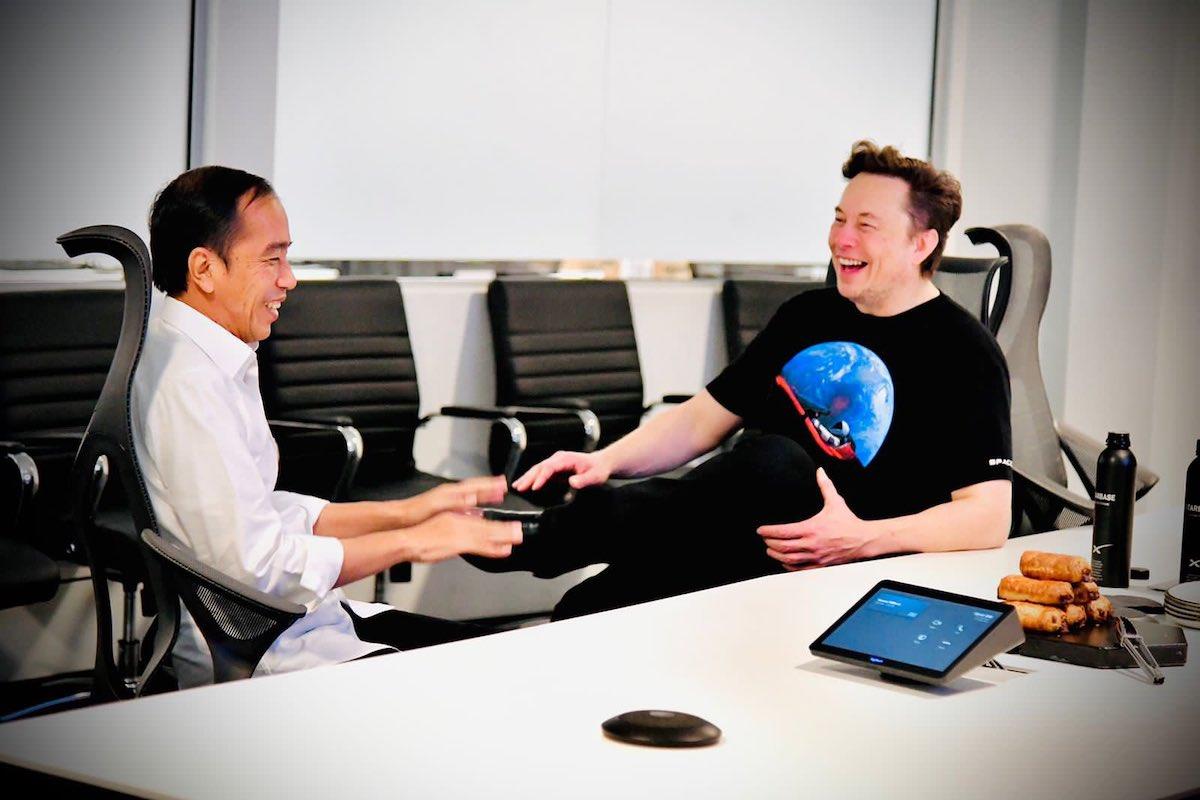
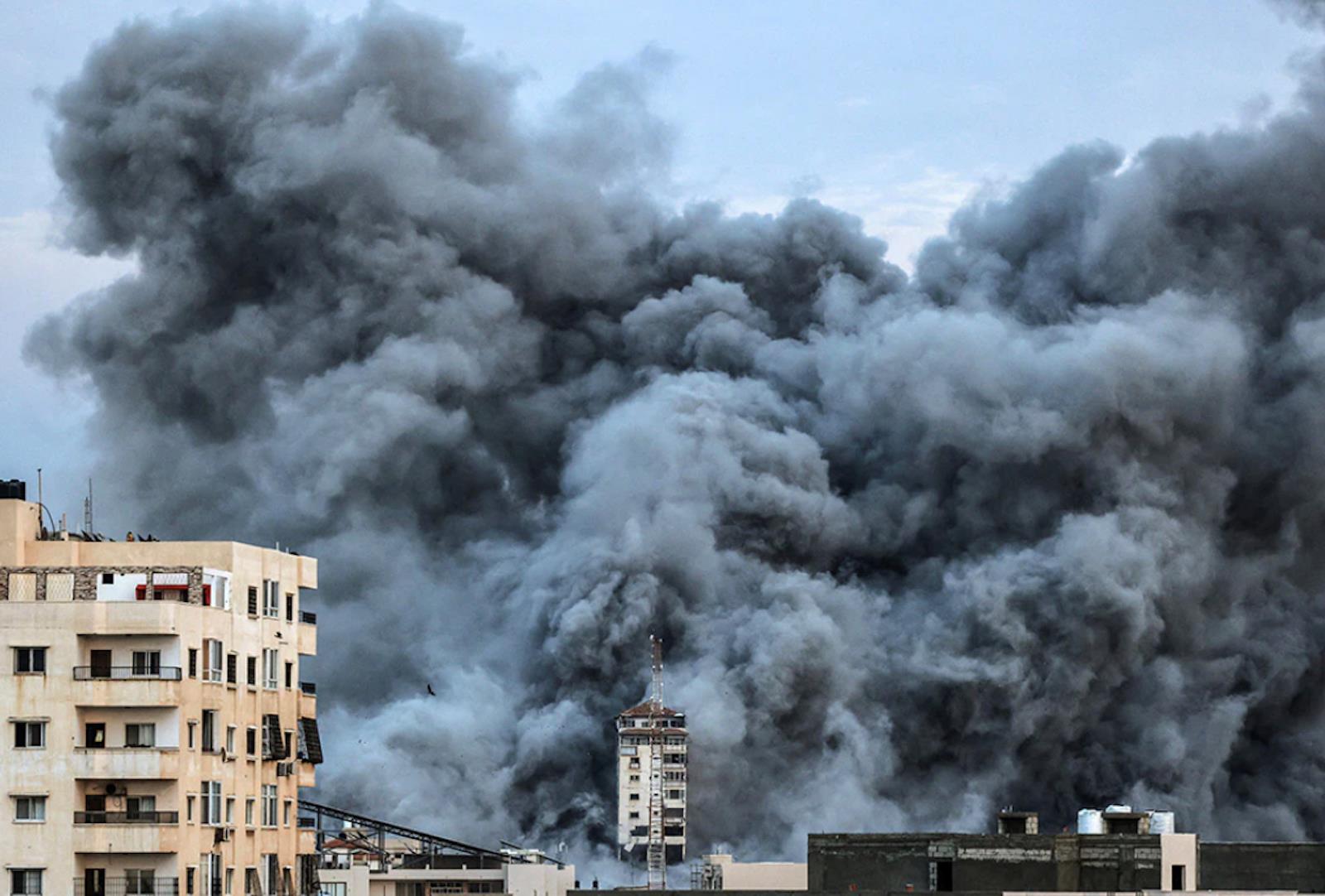

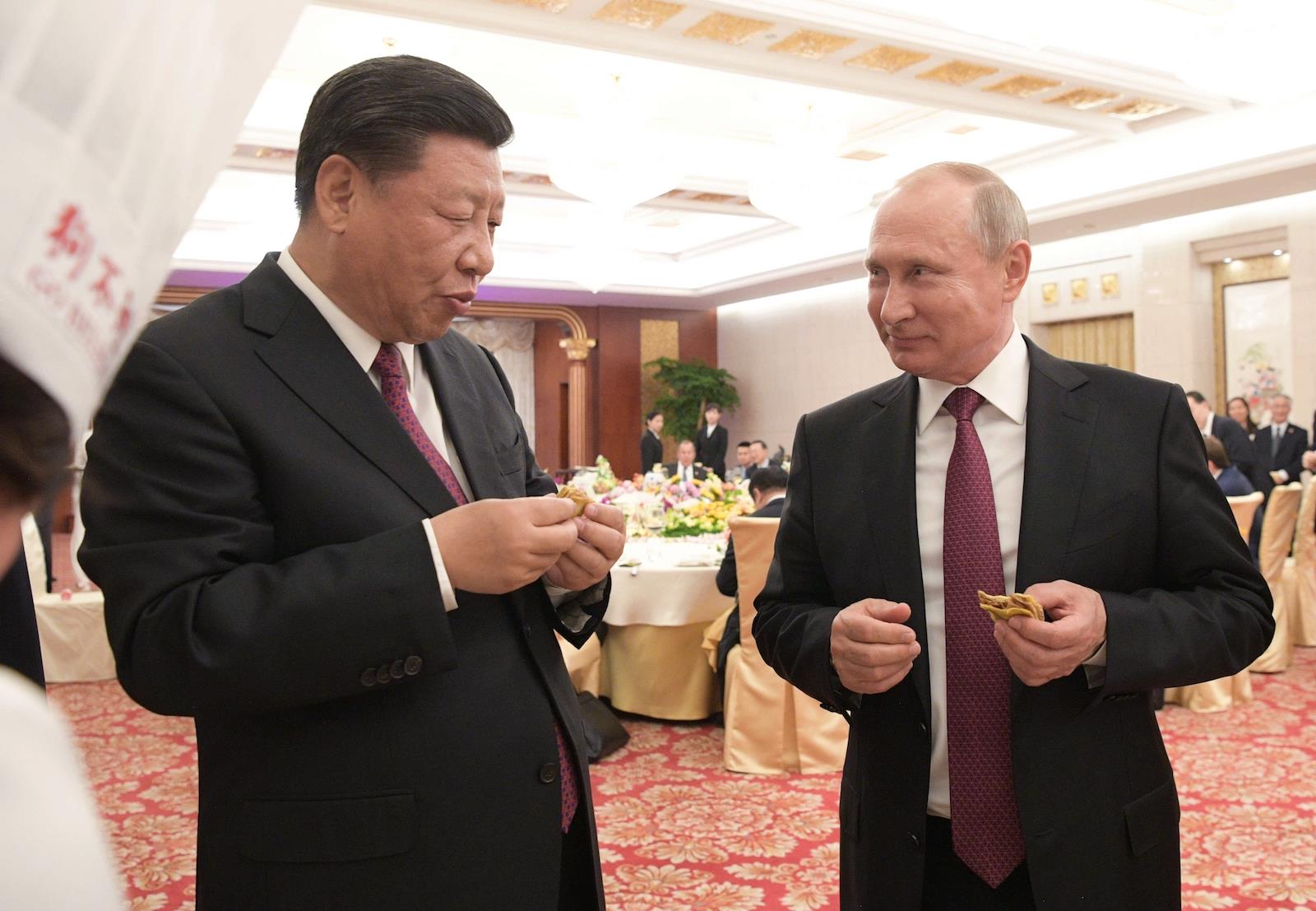
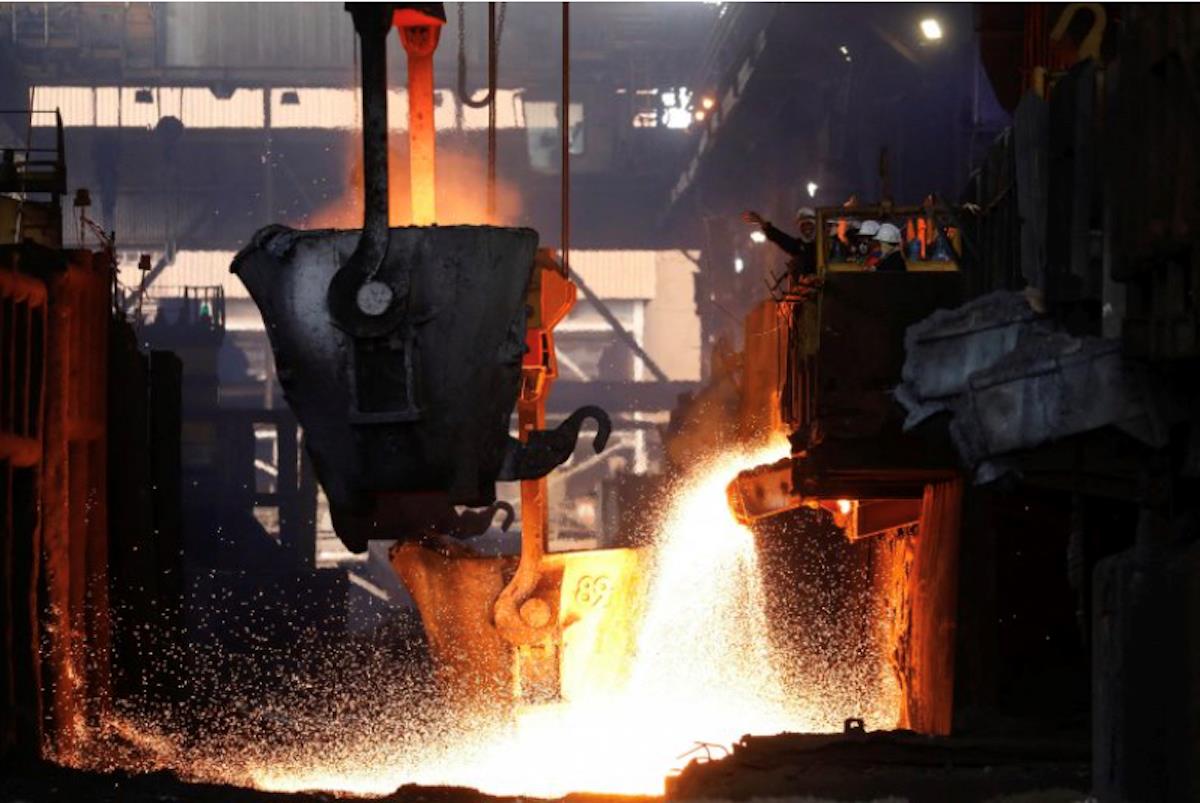
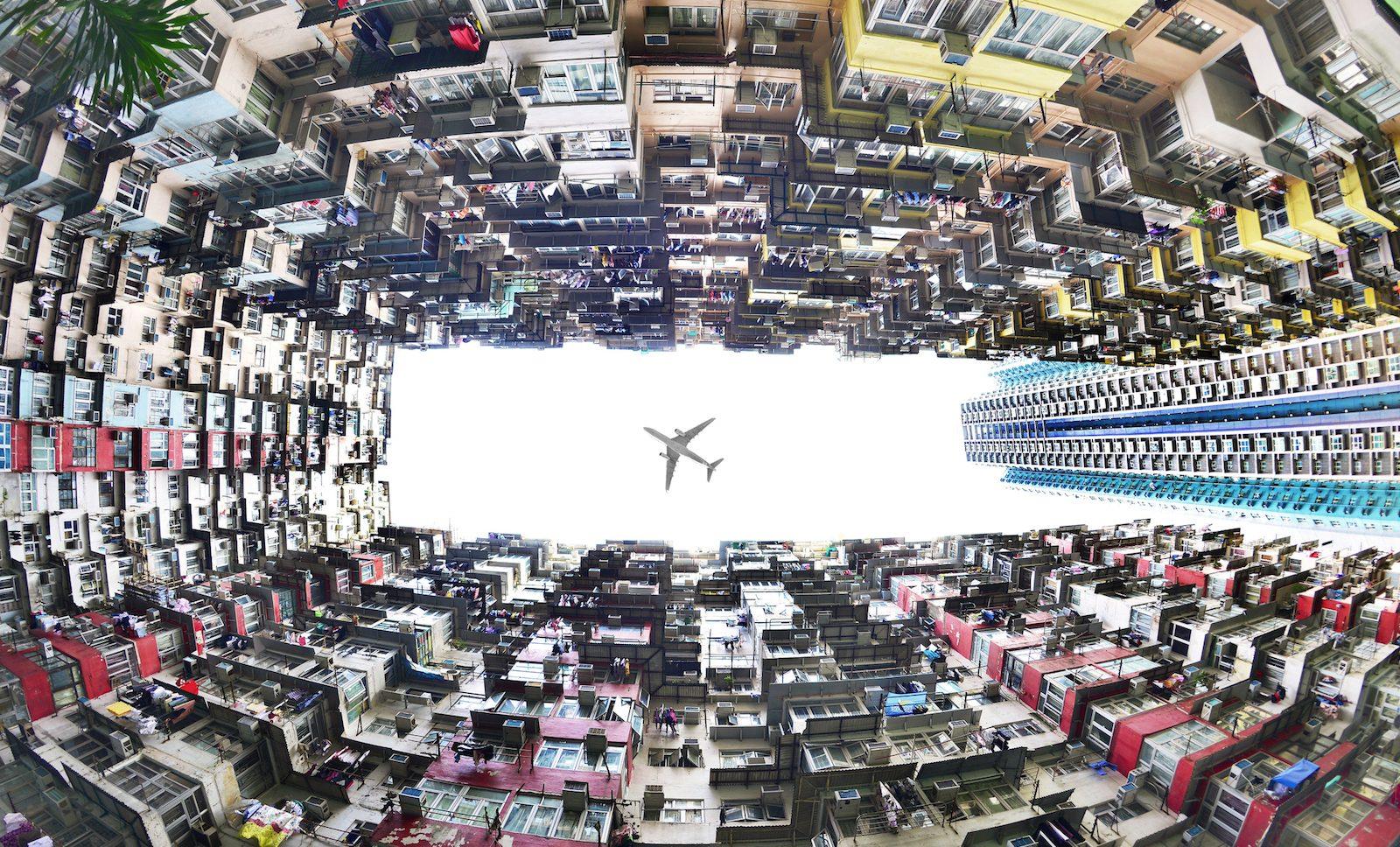














Comments
No comment